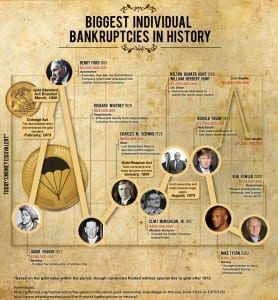the Earnings of A Head of Family or Head of Household..
The Earnings of a Head Of Family or Head of Household, in the State of Florida are Exempt or protected from Garnishment by Creditors. The only exception to this Law, which is defined in Section 222.11 of the Florida Statutes, is when the Head Of Family has more than $750 per week in Disposable Earnings AND such Head Of Family agrees in writing, to the Garnishment. The Head Of Family is defined as any natural person that provides more than one-half of the support for Read More +



